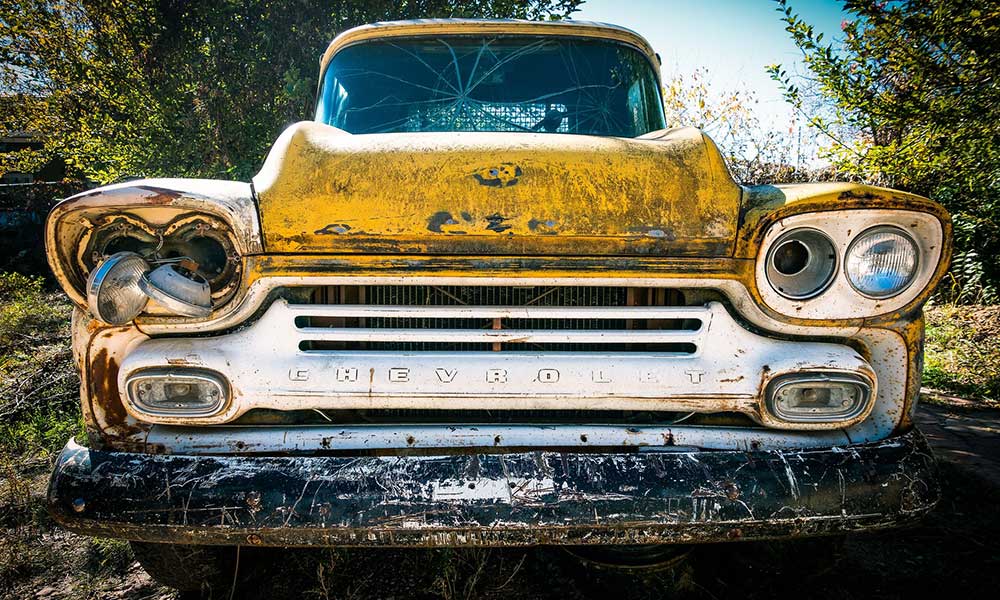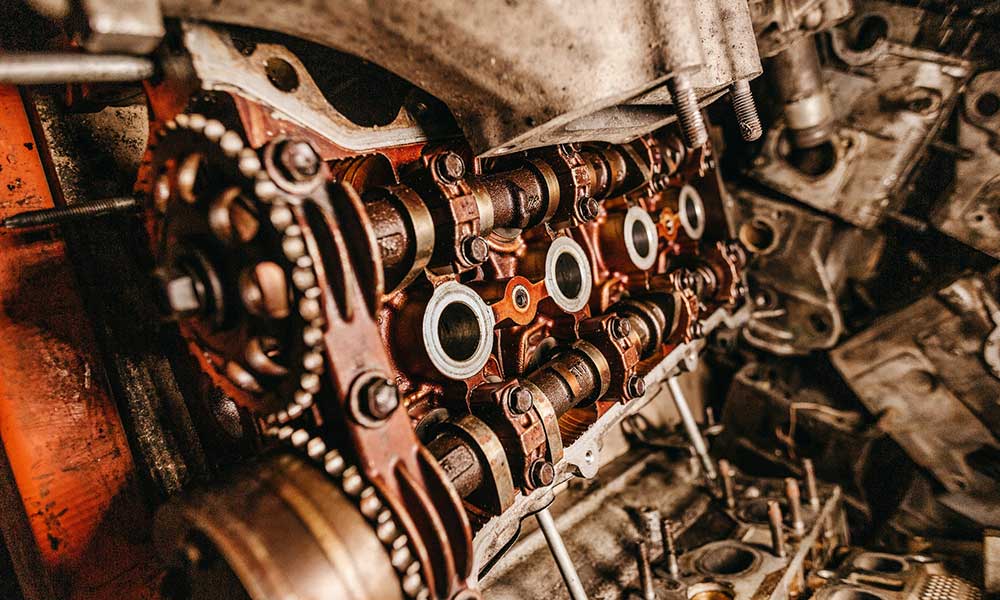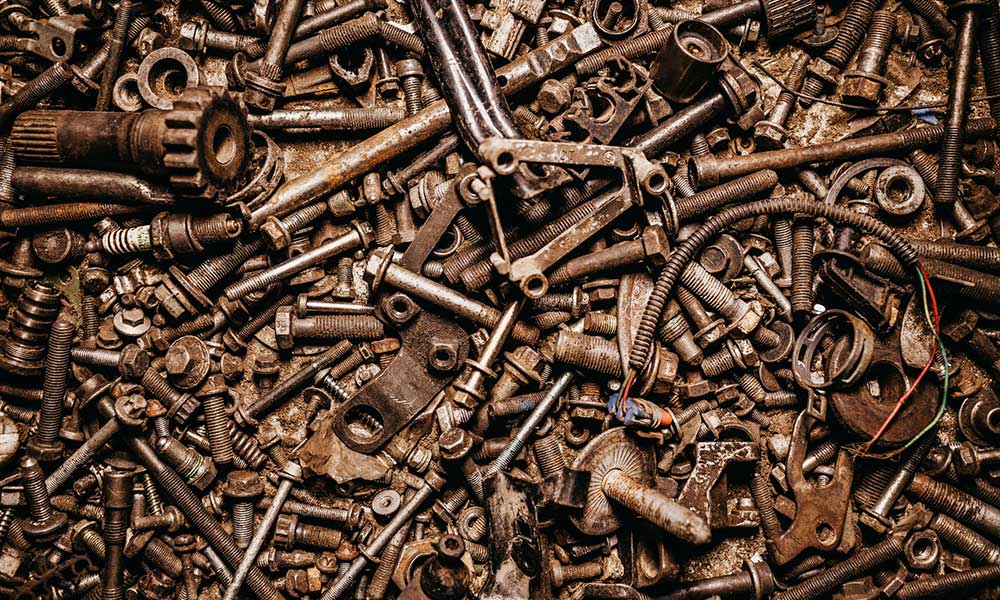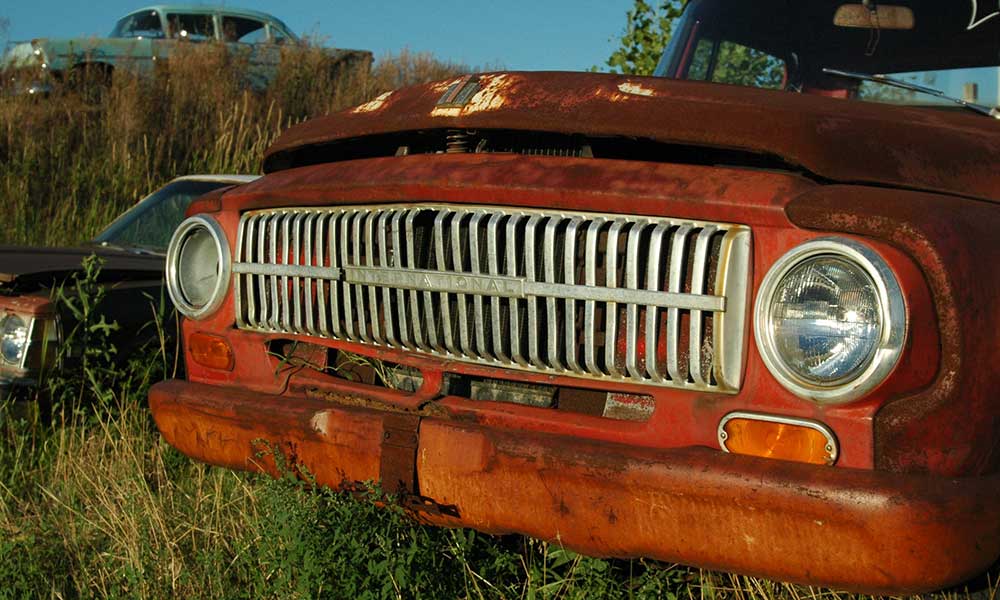There are many reasons ants are often attracted to cars and try to find their way into the vehicle. They are extremely sensitive to smell and can quickly detect any food that may be present, even if you just spilled juice on the upholstery seat.
They are also drawn to trash in the backseat even if it’s just a few crumbs on the floors. The scents from foods that you eat can linger and attract ants (and other pests) even if there isn’t any food present.
If you park under a tree or close to a bush, the sap can get onto the outside of the car. The sweet scent of the sap can attract hundreds of ants to the vehicle in minutes.
Can You Bomb Your Car For Ants?
There are some types of fogging products available to ensure you can bomb your car for ants. Bombing your car can make it easy to access hard-to-reach places where small crevices are present.
This will kill any ants that are scurrying around and also prevent them from returning for up to two months. Use caution and air the car out for a few hours after the treatment is performed before driving around.
It’s also necessary to run the air conditioner for a few minutes to clear out the vents. This is necessary to avoid breathing in the fogging chemicals the next time you use the car.
Can Ants Damage A Car?
Although small in size, ants can still cause damage to cars, especially if hundreds of ants are present. Ants are often attracted to the switches, relays, and wiring. They’re known to cause damage to electrical systems when they chew the wires and components.
The wiring coating also has a texture that ants like to chew. If the parts become damaged, it can lead to expensive repairs. Fortunately, the ants are not likely to stay put and can exit the vehicle after a few weeks.
Can Ants Live In Your Car?
Ants may attempt to live in your car for an extended period of time, specifically in areas where small cracks and crevices are present. You may find them in the upholstery, floorboards, and even the trunk. Ants may even build nests in the corner of the windshield, especially if the car hasn’t been used in a few weeks or months.
If your vehicle is parked on an anthill, they can find juice and small food crumbs that are present in the cabin of the car.
Their heightened sense of smell is what can cause them to infest the car. They’ll send their scouts to search out the car in hunt of food before the other ants in the colony follow their lead.
Can Ants Survive In A Hot Car?
Ants can typically survive in a hot car that reaches triple digits with its temperature. However, they cannot survive in a magnesium fire. They also can’t survive when the internal temperatures in cars reach 130 to 150 degrees.
This means they can die on their own if you leave the car outdoors in an uncovered parking spot for several hours in the middle of the summer.
How Do You Kill Ants & Other Bugs In Your Car?
If you notice that infestations are present in your vehicle, you can kill the bugs by vacuuming small crevices in the cabin and the engine. This can vacuum all the ants and also clear away the crumbs that are most likely the root your ant issue.
You can also make combine borax soap, sugar, and packaged yeast to attract the ants and kill them. This is a natural bait that can be left in small jars in the car overnight.
Using other types of pesticides and bait stations will also prove to be effective. Spray the pesticides underneath the car and on the fender walls. There are even some types of plastic strips impregnated with an insecticide that you can leave in the car overnight to attract and kill the ants. Ant traps may also be helpful.
Cleaning the outside of the car is also necessary to remove any ants that are present. This will also allow any sap or gunk on the vehicle to be washed away to avoid attracting more ants. You can also spray the wheel wells with a hose to remove any nests that are present.
Remove all trash or clutter that is present, which not only attract the pests but can provide them with places to hide and create nests. Keep the inside of the car clean throughout the week to prevent further ant infestations from forming.
If the ants are present in the engine, spray the grill from a distance. You’ll also want to take the car to a mechanic to perform an inspection to determine if there are any areas where ants are hiding.









